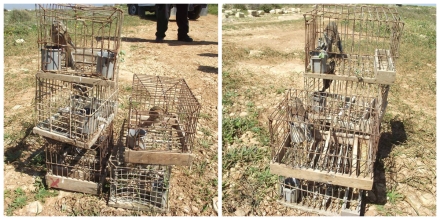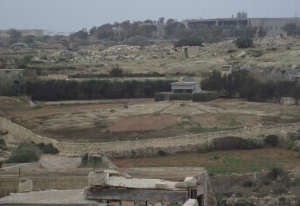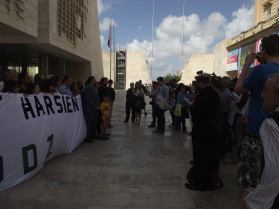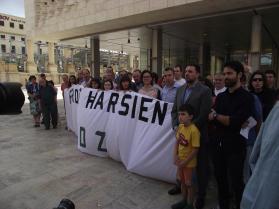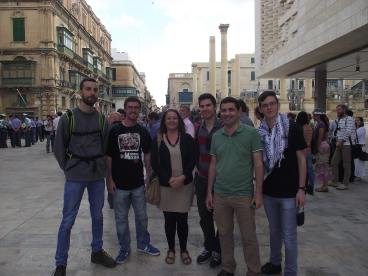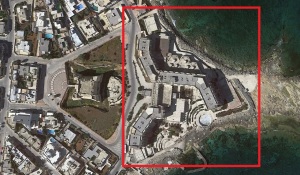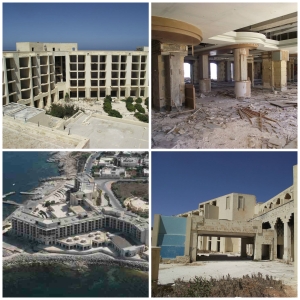The Ornis Committee once again recommended the opening of the finch trapping season. This is the second time, following last year’s re-opening of the season for the trapping of finches. Finch trapping was phased out in 2008 due to EU regulations. However, despite several warnings from the European Commission, the government last year decided to re-open the finch trapping season. The same could happen this year, despite another warning issued by the Commission less than 24 hours after the decision taken by the Ornis Committee was made public.
Apart from the bad reputation Malta has with the Commission with regards to trapping, other, more worrying factors should be mentioned. The first aspect to be tackled are those directly affected by such as decision, that is, the birds. The seven species which could be trapped last year include the Linnet, Chaffinch, Greenfinch, Goldfinch, Siskin, Serin and Hawfinch. Allowing the trapping of these birds will significantly impact their population. Over decades, such trapping has led to declines in populations of bird species. Although not particularly threatened, opening the season will continue to decimate the population of these birds.
The second aspect to be considered is the impact such trapping has on our Maltese ecology. In order to trap finches, large nets are used and in order to trap the birds with such nets, the ground must be cleared. This includes the removal of the natural land cover, in many cases garrigue or steppic environments. The removal of indigenous and endemic vegetation is usually first done by burning the field followed by the usage of herbicides to remove the vegetation. This impact is significant and many areas remain bare with nothing able to re-grow for ages, sometimes even several years after the site has been abandoned.
ADŻ Malta Green Youth Strongly opposes the decision to once again open the finch trapping season since not only does this negatively affect our reputation with the European Commission and other Member States, but because finch trapping also destroys our natural heritage. Clearing natural land for trapping is unsustainable and so is the capturing of the finches.
